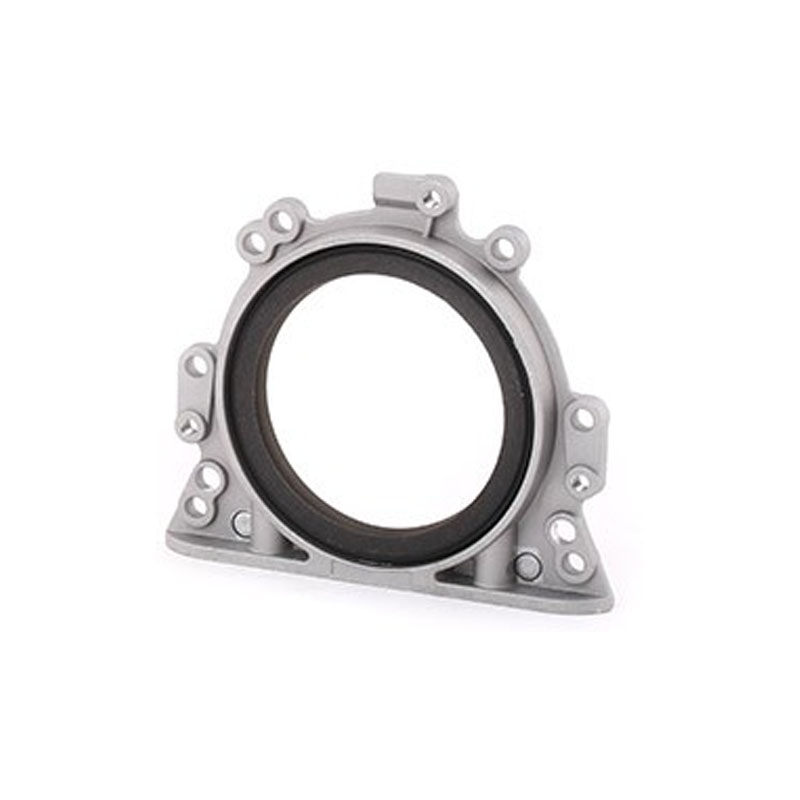engine oil sump gasket
Understanding Engine Oil Sump Gaskets
The engine oil sump gasket is a critical component in an automotive engine, playing an essential role in maintaining the integrity of the engine’s lubrication system. It seals the oil pan to the engine block, preventing oil leaks and ensuring that the engine operates efficiently. This article will explore the significance of the oil sump gasket, how it functions, common issues that can arise, and tips for maintenance and replacement.
Function of the Oil Sump Gasket
The oil sump, or oil pan, collects and stores engine oil, allowing it to be circulated throughout the engine to lubricate its various moving parts. The oil sump gasket creates a hermetic seal between the oil pan and the engine block, effectively preventing oil from leaking out. A properly functioning gasket ensures that oil levels remain stable, facilitating adequate lubrication and cooling of the engine components.
Common Issues
Over time, engine oil sump gaskets can wear out or become damaged. This deterioration can result from various factors, including exposure to extreme temperatures, oil contamination, and vibrations from the engine. One of the most prevalent problems is oil leaks, which can lead to a decrease in oil pressure, resulting in inadequate lubrication. A lack of lubrication can cause severe engine damage, overheating, and ultimately engine failure.
engine oil sump gasket

Another issue that may arise is the hardening or cracking of the gasket material, often due to prolonged exposure to engine heat. These deteriorations can make the gasket less effective at sealing, exacerbating leaks. It is essential to monitor for signs of oil leaks, such as oil spots on the driveway or a drop in oil levels.
Maintenance and Replacement
Regular maintenance checks can help prevent significant issues with the oil sump gasket. It’s advisable to inspect the gasket during routine oil changes or engine inspections. Look for signs of wear, such as cracks, brittleness, or oil pooling under the vehicle. If any abnormalities are detected, it is prudent to address them promptly.
When it comes to replacing the oil sump gasket, it is essential to follow the manufacturer's guidelines and use the correct type of gasket material. There are different materials available, including rubber, cork, and silicone, each with its own specifications and applications. Underestimating this step can lead to poor seals and recurring leaks.
Conclusion
The engine oil sump gasket plays a significant role in ensuring your vehicle’s engine functions smoothly. By understanding its importance and recognizing the signs of potential issues, drivers can take preventative measures to maintain their engine’s health. Regular inspections and timely replacements can save car owners from costly repairs and extended downtime. Always consult a professional mechanic if unsure about the condition of your engine oil sump gasket, as they can provide expert advice and assistance. Keeping this small but vital component in good condition is integral to the overall performance and longevity of your vehicle.
-
Simplifying Oil Changes: A Comprehensive Guide to Oil Drain Plugs and Their Variants
News Aug.04,2025
-
Mastering Oil Drain Maintenance: Solutions for Stripped, Worn, and Upgraded Oil Plugs
News Aug.04,2025
-
Fixing Oil Pan Plug Issues: Leaks, Stripped Nuts, and the Right Replacement Solutions
News Aug.04,2025
-
Everything You Need to Know About Oil Drain Plugs: Sizes, Fixes, and Upgrades
News Aug.04,2025
-
Choosing the Right Oil Drain Plug: A Guide to Sizes, Materials, and Drain Innovations
News Aug.04,2025
-
A Complete Guide to Automotive Drain Plugs: Types, Problems, and Innovative Solutions
News Aug.04,2025
-
The Ultimate Guide to Car Repair Kits: Tools and Essentials Every Driver Should Own
News Aug.01,2025
Products categories















